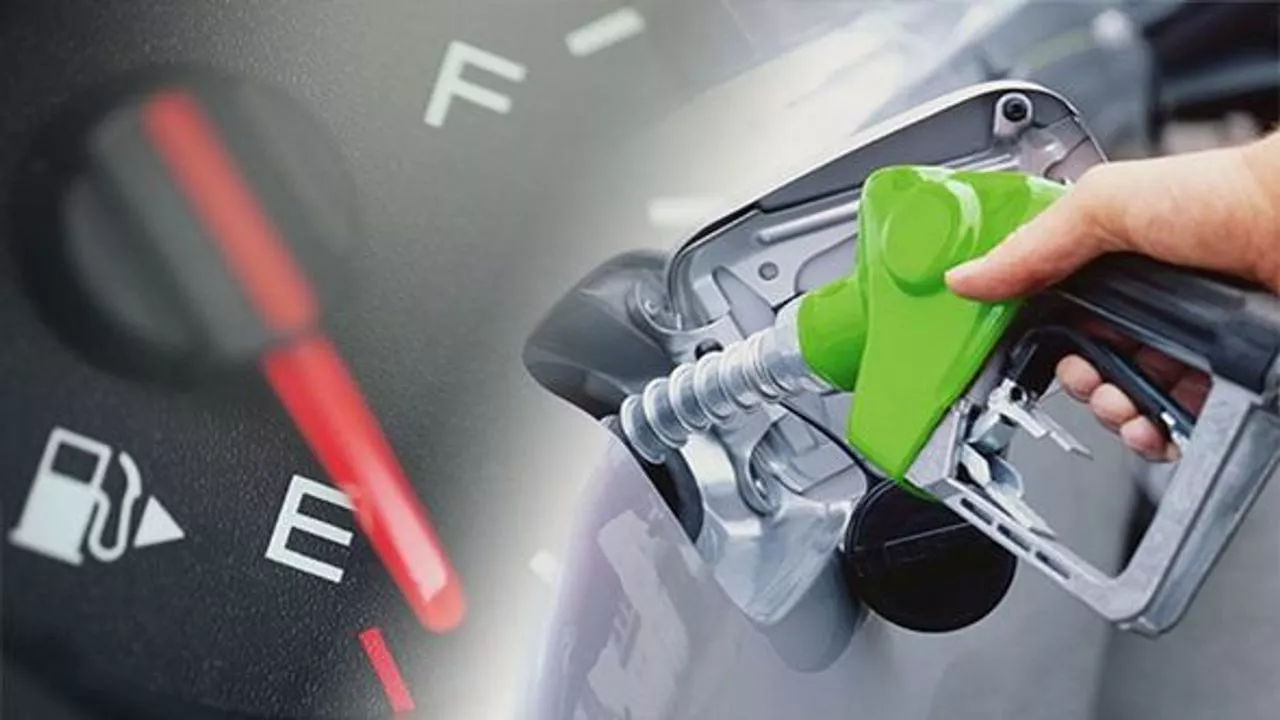Daily Use Motorsports Tips: Real‑World Hacks for Anyone Who Loves Speed
Ever wonder how to keep the racing vibe alive without spending a fortune? You’re not alone. From grabbing free track time to using cheap data tools, the daily grind of a motorsport fan can be exciting and affordable. Below are the go‑to tricks that keep you in the fast lane whether you’re a budding driver or a behind‑the‑scenes engineer.
Start Racing Without Breaking the Bank
The cheapest entry point is karting. Look for community tracks that rent "arrive‑and‑go" karts for a few pounds an hour. Many clubs run open‑track evenings where you can practice for free if you volunteer as a marshal – you get backstage access, meet team owners, and learn pit‑crew basics.
Set alerts for "free track day" or "racing giveaway" on social media; teams often post limited‑time offers for free laps or discounted fees. Even if you don’t win, the posts usually list local sponsors you can approach for cheap deals.
Build a simple "racing resume" – log lap times, coaching notes, and event results. Email that PDF to regional teams or local businesses; sponsors love to see a clear record of commitment.
Practice at home. Set up a small garage workshop, watch free tutorials on car setup, and experiment with cheap adjustable suspension parts from e‑bay. Small tweaks teach you the engineering language before you hit a professional track.
Tools and Software Every Race Engineer Should Know
You don’t need a $10,000 analytics suite to start. Open‑source Python with pandas and matplotlib lets you import telemetry CSVs and plot lap performance. A free trial of RaceLab gives real‑time lap analysis on a laptop – perfect for weekend club races.
The iRacing telemetry viewer (free add‑on) shows throttle, brake, and gear patterns over a single lap. Export data, load it, and you’ll instantly see where seconds are lost. Pair this with a basic video editor to overlay telemetry on race footage – a cheap but powerful scouting method.
Use cloud storage like Google Drive to share data with teammates instantly. Create folders for "Practice," "Qualifying," and "Race," and drop raw logs, charts, and a one‑page summary in each – consistent organization saves hours.
A mid‑range laptop with 8 GB RAM handles most analysis tasks. Pair it with a cheap USB OBD‑II dongle for real‑time data capture on street‑legal cars, bridging daily driving and track performance.
Put these habits into your daily routine and turn a casual interest into a serious edge. Whether you’re swapping karts on a Sunday or tweaking data after a night of racing, the right mindset and low‑cost tools keep the motorsport fire burning. Keep experimenting, stay connected, and watch your lap times drop without draining your wallet.
